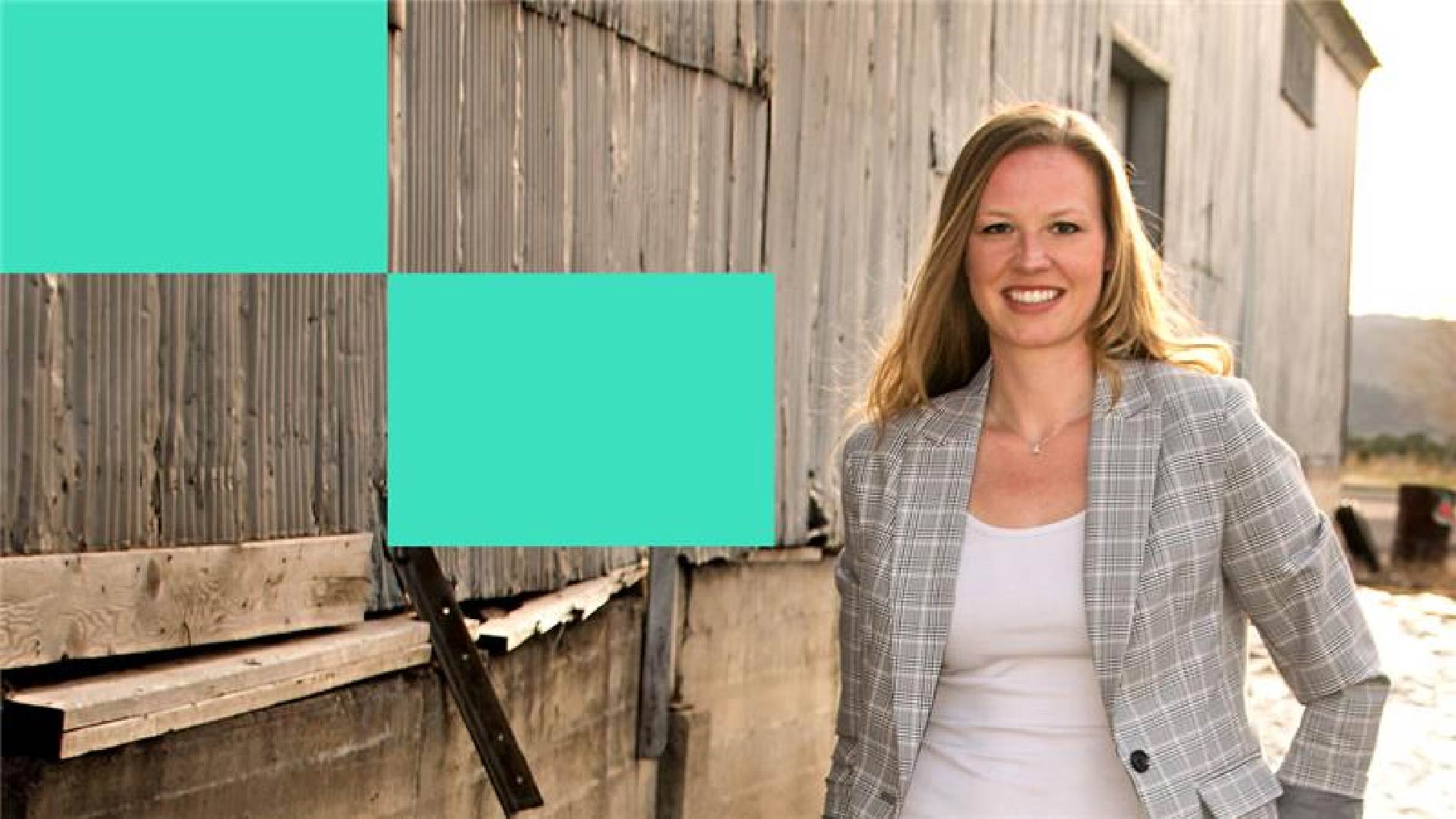At our recent Ask an Expert session, we asked:
How do you handle your clients’ toughest financial questions with confidence?
Erica Goode, a Fractional CFO and founder of The 15-Hour Accountant, joined us to walk through exactly how she does it. From building trust in a shaky economy to navigating hard decisions around cash flow, pricing, and payroll, she shared real strategies from inside her practice.
We received over 50 questions from registrants before the webinar even began. Here’s how Erica answered the most common ones.
- How do you guide clients when everything feels uncertain?
Uncertainty is the biggest challenge advisors face right now. Sales pipelines are dry, funding’s been cut, and decision-making is stalling. But Erica’s approach isn’t about having perfect answers, it’s about helping clients see the possibilities.
“We can’t tell them exactly what’s going to happen, but we can walk them through what could happen. Forecasting is guessing, but structured guessing builds confidence.”
Using Fathom’s live forecasting tools, Erica shows her clients how different scenarios impact their cash flow. If a client says, “We’re losing a major customer in October,” she builds a microforecast to show what that means for cash on hand, and what options they have.
The takeaway? Even when you can’t provide certainty, you can help clients move from panic to planning.
- What’s your meeting rhythm, and how do you structure advisory calls?
This question came up more than any other. And Erica’s answer was refreshingly simple.
“I run a lean firm. I don’t have time to overcomplicate things. For top-tier clients, we meet monthly. The reporting is done in Fathom, and we spend most of the session forecasting live together.”
Her meeting format:
- Start with: “What’s on your mind?”
- Cover prior month performance and anything that stands out.
- Spend most of the session inside the forecast, modelling what’s coming, wha
For Erica, it’s not just about delivering a report, it’s about giving clients space to think and decide with clarity.
- How do you keep your value clear, especially when clients are cutting costs?
One of the more personal questions we saw:
“What if I’m helping a client with cost-cutting, and they realise I’m one of the costs?”
Erica’s advice? Be ready with a second offer.
“Have a reduced offer prepared. Not a discount, the same work for less won’t work long-term. But if they can’t afford your full service, maybe they can still work with you quarterly. Or keep the reporting and drop the meetings for now.”
She recommends this not just for retention, but because often clients do want to keep working with you, but they need help justifying the investment. Having options shows that you’re in it with them, not just selling a service.
- What if clients don’t understand the numbers? Erica is clear on this: visuals matter.
“When we show clients a colourful graph instead of a spreadsheet, it changes the conversation. They don’t have to be finance-savvy, they just need to see what’s happening.”
She uses graphs, roadmaps, and scenario visuals in Fathom to help clients understand:
- How a lost client affects cash flow
- How delayed layoffs might change runway
- What options exist if marketing performs well (or doesn’t)
When clients can see the impact of a decision, they’re more engaged, more confident, and more willing to act.
- Can you really offer advisory at scale?
Erica runs a small, high-value practice. But her message applies to firms of all sizes: scale doesn’t mean sacrificing connection.
“Whether you're part-time or running a 20-person team, your clients just want one thing: to feel like they’re not alone in these decisions.”
Whether it’s a quarterly call, a monthly roadmap, or a single scenario forecast, advisory is about meeting your clients where they are, showing them what’s possible, and helping them choose what to do next.
Final thoughts
Erica’s approach is grounded, human, and practical. She doesn’t pretend to know it all, but she comes prepared with questions, visuals, and a framework that gives her clients confidence in uncertain times.
Whether you’re building forecasts or navigating hard conversations, Erica’s approach reminds us that good advice starts with clarity, not perfection. Missed the session or want to revisit it?
Watch the full webinar recording here.
Start a 14-day free Fathom trial today.
